A festival is an event that is often held by a community to commemorate some aspect of that group’s religion or traditions. Around the world, there are various kinds of festivals celebrated. However, some are long forgotten due to evolution. But not to freight, there is still some festival being celebrated today.
Weird or logic, it doesn’t matter. When it comes to festivals, it’s always about having fun with your loved ones. There’s music, parades, food, drink and activities that can last for days! Here are 10 festivals that are still celebrated around the world today.
1. Bon Festival
The Bon Festival, also known as obon, is one of the most popular events in Japan. This festival is celebrated in honour of their ancestors. It is a Buddhist holiday that has been observed for over 500 years and is based on the tale of Maha Maudgalyana, a Buddhist student. He utilised his ability to glimpse the ghost of his mother, who had passed away. He made a sacrifice and freed her from her sorrows, and he danced joyfully, and this is where the Oban dance tradition began. This festival is celebrated for three days from the 13th to the 15th of July every year. Some things they do are hanging paper lanterns, visiting graves, making food offerings and doing the obon dance
2. Songkran
Songkran, also known as the Water Splashing Festival, is a Thai festival that commemorates the beginning of the Buddhist New Year. Younger Thais pour water over their hands to pay respect to monks and seniors, and Buddha statues are washed. The lunar shift is also marked by parades, dancing, and traditional entertainment, however, Songkran is most known for getting soaked. Songkran is all about having a good time. In a nutshell, large amounts of water are kept in whichever containers you want before being utilised to immerse your loved ones.
3. Haka
The haka is a traditional Maori dance or challenge. According to legend, the sun deity Tama-nui-te-ra and his wife Hine-raumati, who represents summer, had a son named Tane-rore. Tane-rore would dance for his mother on hot summer days, making the air tremble. The cornerstone of all haka was this light, quick movement. To accompany a loud chant, actions include foot-stamping, tongue protrusions, and repetitive body slapping. A haka’s words frequently depict ancestors and events in the tribe’s past in a lyrical way.
4. Pilgrimage of Rocio
This festival dates back to the 17thcentury where it takes place on the weekend of the Pentecost, 50 days after Easter. This festival involves thousands of people who pay tribute to the Virgin of El Rocio. During the festival, they sing traditional flamenco cantas and coplas in their own way. People camp by the streets and create bonfires, eat, sing and dance throughout the night.
5. Dragobete
This festival is celebrated on the 24th of February and is officially Romanian valentine’s day. The festival symbolizes youth, love, hope and nature rebirth. This day involves a series of rituals done by young people to find love and happiness in the future. They search for flowers, dancing and kissing in front of people. One should not remain alone on this day as it is considered bad luck in love for the rest of the year.
6. Bar Mitzvah and Bat Mitzvah
Celebrated by Jewish people all over the world especially in Israel. This festival celebrates the coming of age of Jewish men and women and this traditional ceremony is held when one turns 13. Bar Mitzvah means son of the commandment while Bat Mitzvah means daughter of the commandment.
7. Holi
Originated from India, this festival marks the beginning of spring. It signifies the victory of good over evil and is celebrated as a day of spreading happiness and love. Despite being a Hindu festival that celebrates spring, love, and new life, some families hold religious ceremonies, but for many Holi is more a time for fun. It’s a colourful festival, with dancing, singing and throwing of powder paint and coloured water. Holi is also known as the “festival of colours”.
8. Prinsjesdag
Princes Day in the Netherlands dates back to the 18thcentury. During that time Prince William V was the ruler and his birthday was on 8th March, so that day was called Prinsjesdag. Now, this festival is held on the third Tuesday of September and is also known as Budget Day. A week before the actual date, festivities continue in Prinjesfestival where hat walks, special boat rides and unique meals can be seen.
9. Witches’ Night
Takes place on April 30th, this event is described as a Halloween-type festival. Here people gather to create witches from straw and old fabric. They are then burnt into flames to ward off evil and to bid farewell to the spirit of winter. Parades are held and people gather dressing up as creatures, there’s noise, music dancing, eating, drinking and burning witch dolls in bonfires.
10. Carnival
Held in Brazil, Carnival is a festival that takes place over a few days in February or March, generally before Lent. Because many people typically fast throughout Lent, giving up meat, sweets, and other meals and beverages, carnival provides a chance to savour these pleasures one final time. People dress up in bright masks and costumes and march in a parade that has aspects of a circus and a street celebration.
Sources:BuzzFeed Bring Me

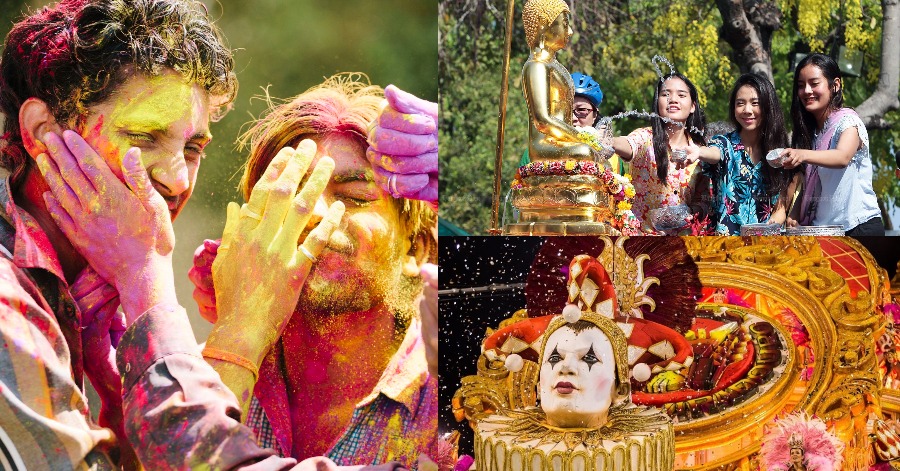

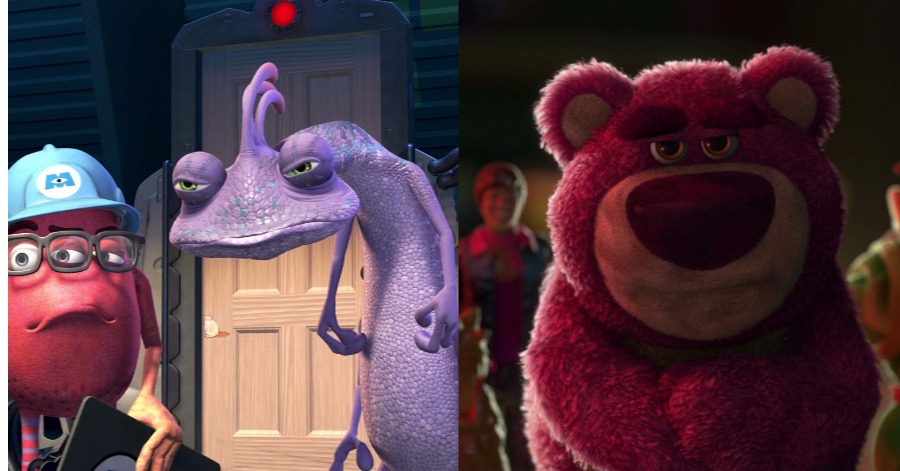
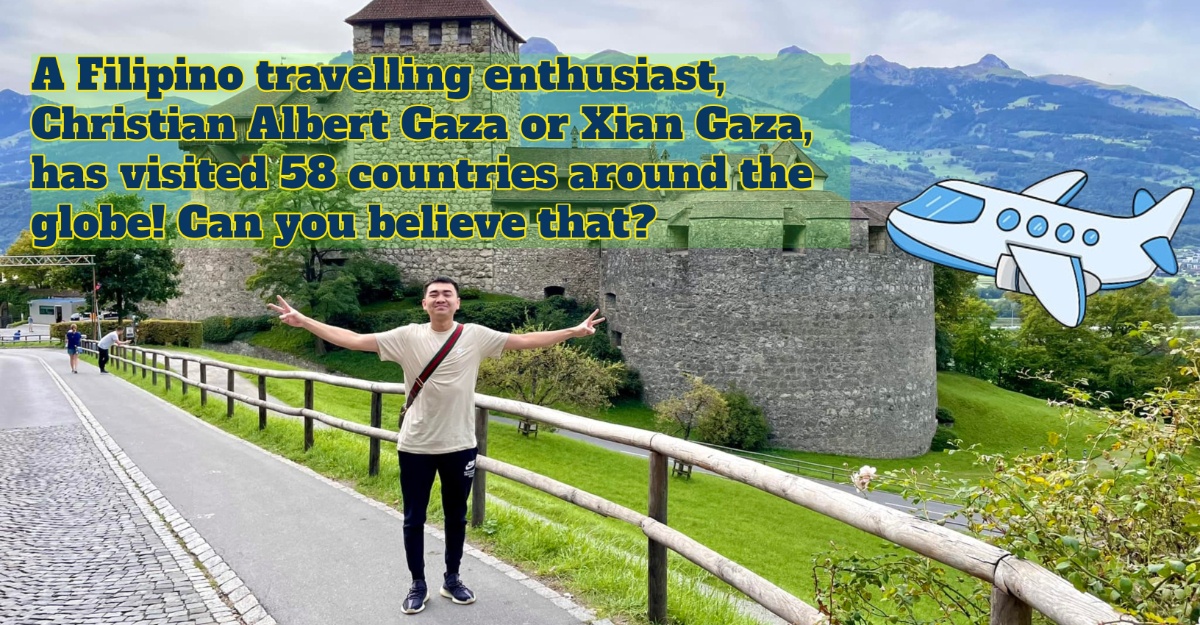

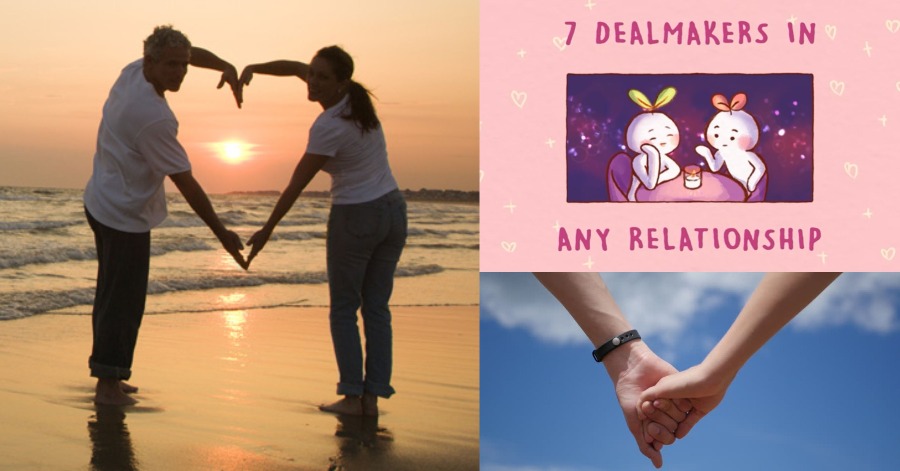
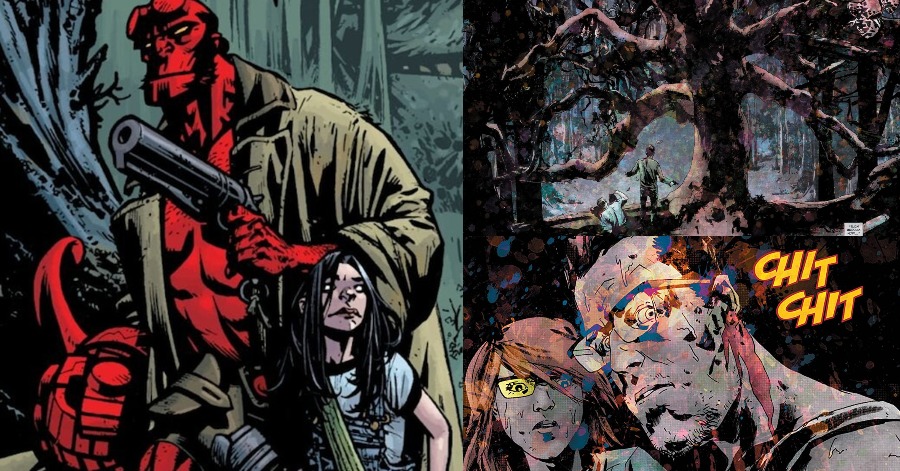

Leave a Comment